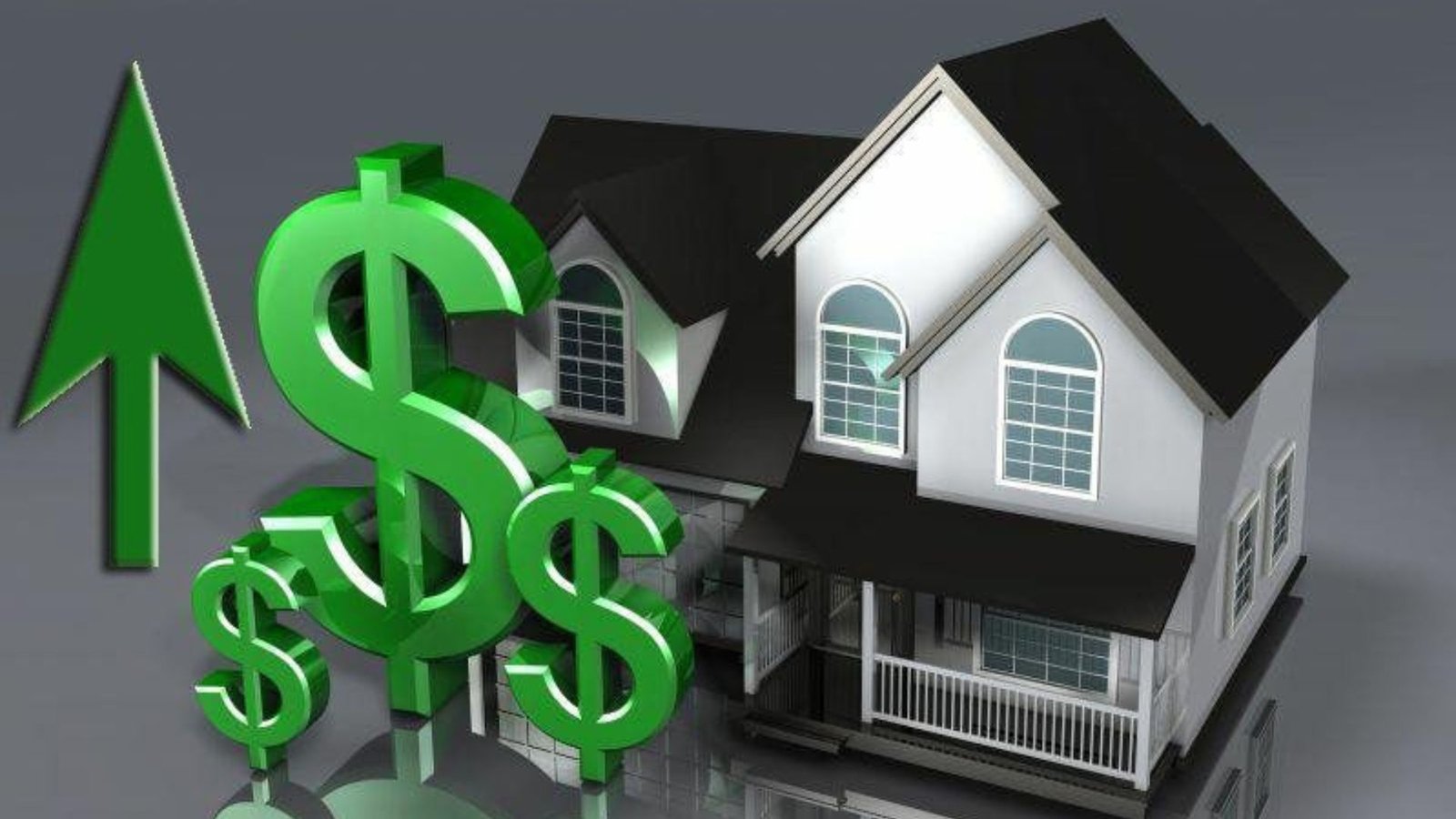Finding the best mortgage rate is crucial to ensuring you pay the least amount of interest over the life of your loan. With so many lenders and loan products available, navigating the world of mortgages can be daunting. This article will guide you through the process of finding the best mortgage rates by focusing on key steps, tips, and factors to consider before making your decision.

Discover Creative Content and Fun
Poebok offers a platform for creative minds to share and explore unique content across various categories. While enjoying inspiring ideas, users can also experience thrilling online gaming at Kingjohnnie Casino Login. The site combines creativity and entertainment, giving visitors a well-rounded experience. Dive into both innovation and excitement effortlessly.
Understand What Affects Mortgage Rates
1.1 The Role of Interest Rates
Mortgage rates are typically influenced by various factors, both personal and economic. The base interest rate, set by the Federal Reserve, is one of the primary factors. When the Federal Reserve raises or lowers its rate, mortgage rates usually follow suit. However, the specific rate you are offered will depend on other elements as well, such as your credit score, loan type, and the amount you are borrowing.
1.2 The Impact of Your Credit Score
Lenders will use your credit score to assess how risky it is to lend you money. A higher credit score indicates lower risk, which can result in a better mortgage rate. A lower score might lead to higher interest rates or even a rejection of your application. If your credit score isn’t where you want it to be, consider taking steps to improve it before applying for a mortgage.
Shop Around for Multiple Lenders
2.1 Compare Rates from Different Lenders
Not all lenders offer the same mortgage rates, so it’s important to shop around and compare offers from a variety of institutions. You can compare rates from traditional banks, online lenders, credit unions, and mortgage brokers. Keep in mind that the interest rate is not the only factor to consider—fees, loan terms, and the reputation of the lender are also important.
2.2 Use Online Comparison Tools
There are many online platforms and tools available that can help you compare mortgage rates. These websites gather data from multiple lenders, allowing you to see the current rates and loan options available in your area. While these tools are helpful for an initial comparison, be sure to reach out to lenders directly to confirm rates and fees.
Consider the Type of Loan You Need
3.1 Fixed vs. Adjustable Rate Mortgages
Mortgage rates vary depending on the type of loan you choose. A fixed-rate mortgage has the same interest rate for the entire term of the loan, making it easier to budget for your monthly payments. In contrast, an adjustable-rate mortgage (ARM) has a rate that may change after an initial period. ARMs often start with lower rates but can rise over time, making them riskier in the long run.
Consider your financial situation and long-term plans when deciding between the two. If you plan to stay in your home for a long period, a fixed-rate mortgage may be a safer choice. However, if you plan to move or refinance in the next few years, an ARM could save you money upfront.
Exploring Music and Online Entertainment
Poebok.com appears to be a platform for music, possibly offering songs and albums. While enjoying your favorite tunes and discovering new artists, you might also be interested in exploring other forms of online entertainment. For those seeking digital gaming experiences in Australia, you can find information about australia online casino sites. We encourage responsible engagement with all online activities, balancing your appreciation for music with mindful online leisure.
3.2 Government-Backed Loans
If you’re a first-time homebuyer or have less-than-perfect credit, government-backed loans such as FHA loans or VA loans may offer more favorable mortgage rates. These loans typically require lower down payments and have more lenient credit score requirements. Investigating these options can help you find a competitive rate, especially if you qualify for government assistance programs.
Improve Your Financial Profile
4.1 Save for a Larger Down Payment
Lenders typically offer better mortgage rates to borrowers who can make a larger down payment. A larger down payment reduces the lender’s risk, as you will owe less on the loan. Aim to put down at least 20% of the home’s purchase price if possible. In addition to securing a better rate, a larger down payment may also help you avoid paying private mortgage insurance (PMI), which can add to your monthly payments.
4.2 Reduce Your Debt-to-Income Ratio
Lenders also consider your debt-to-income (DTI) ratio when determining the interest rate. Your DTI ratio compares your monthly debt payments to your monthly income. The lower your DTI ratio, the more favorably lenders will view you. Work on paying down high-interest debts or refinancing existing loans before applying for a mortgage to improve your DTI ratio.
Lock in Your Rate
5.1 Rate Lock Explained
Once you find a mortgage rate you’re comfortable with, it may be a good idea to lock it in. A rate lock guarantees the rate for a certain period, typically 30 to 60 days. This can protect you from potential interest rate increases during the home-buying process. Keep in mind that if rates drop during this period, you may not be able to take advantage of the lower rates.
5.2 Timing Your Lock
If you are in the early stages of your home search, consider monitoring interest rates and waiting for a dip before locking in your rate. On the other hand, if you are near the closing stage, locking in the rate can provide peace of mind knowing your rate will remain consistent through the rest of the process.
Conclusion
Finding the best mortgage rate requires careful consideration of many factors, including your credit score, the type of loan, and the lender’s fees. By shopping around, improving your financial profile, and understanding the impact of your decisions, you can secure a mortgage rate that saves you money in the long run. With these tips in mind, you’ll be well on your way to finding the best mortgage rate for your next home purchase.










